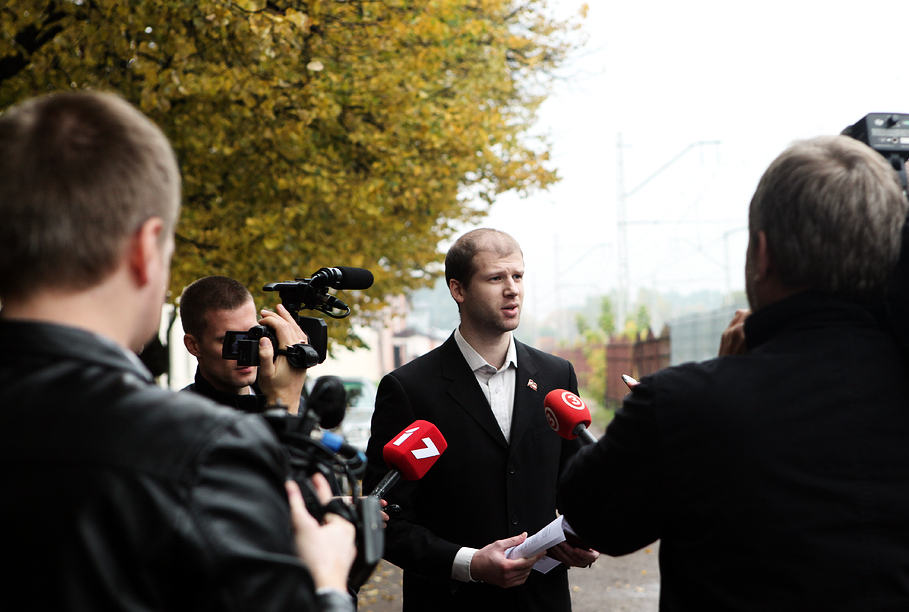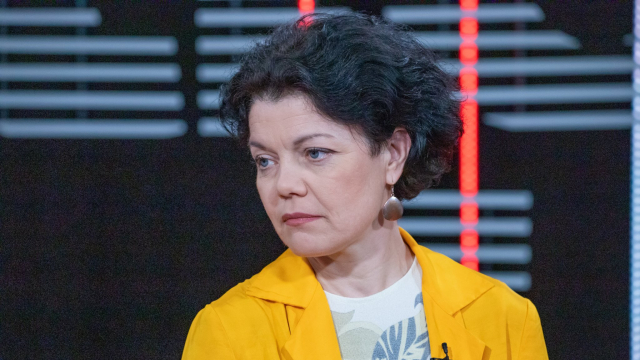In a statement published on the ECHR website, the case of Čalovskis versus Latvia was listed among 13 cases who had their attempts for referral to the Grand Jury rejected.
That means that the previous ruling of July 24 stands, which ruled that though some of Čalovskis' treatment in custody had been unacceptable, there was no reason why he could not be extradited to stand trial in the United States and that he was likely to receive a fair trial there - a point disputed by Čalovskis' lawyers.
In a statement the Latvian Foreign Ministry said it was still awaiting official notification of the ECHR decision.
While finding against his lawyers’ claims that he faced the prospect of an unfair trial and unreasonably harsh penalties in the US, the ECHR did find his detention in a cage during his Latvian court hearings to have been “excessive”, fining Latvia €5000 to be paid out to Čalovskis.
"The Ministry of Foreign Affairs has not yet received official confirmation from the Court that the 24 July 2014 judgment has entered into force," the ministry said.
"The prohibition against sending the applicant to the US is maintained until the judgment enters into force, or until such time as the Court will provide other indications," the ministry added.
As and when that official notification is received, Čalovskis will likely be on his way Stateside.
Latvia agreed last August to extradite the programmer to the United States to stand trial for his alleged role in a global cyber-theft ring that is believed by US investigators to have broken into a million computers worldwide, 40,000 of which were said to be in the US, including 190 at the US space agency NASA.
In August 2012 a Manhattan federal court filed the charges against Čalovskis, 28, and two other Europeans for their alleged cyber-profiteering scheme.
Prosecutors say the scam unfolded between 2005 and March 2012 and that the virus was "virtually undetectable in the computers it infected." First, it was implanted in computers across Europe "on a vast scale," then around 2010 it spread to the United States, the indictment said.
Fellow suspects, Russian Nikita Kuzmin and Romanian Mihai Ionut Paunescu, are already in US custody.
They caused "millions in losses by, among other things, stealing online banking credentials", according to the US federal prosecutor's office.
Calovskis, alias "Miami", was arrested in Latvia in November 2012 and charged with writing some of the computer code in the Gozi Virus.
He is suspected of using his expertise in programming to create "web injects", a code that alters how banking websites appear on infected computers, prompting victims to reveal personal information.





























